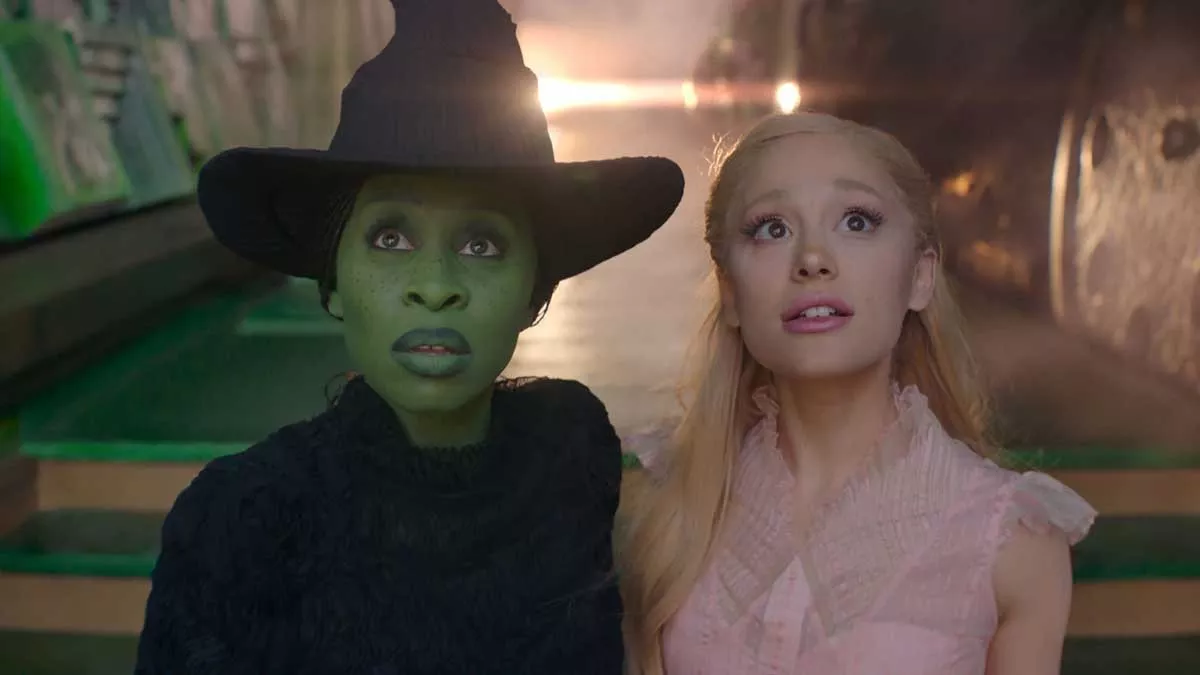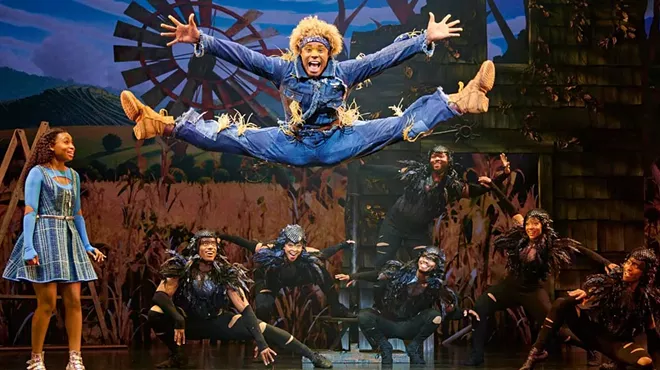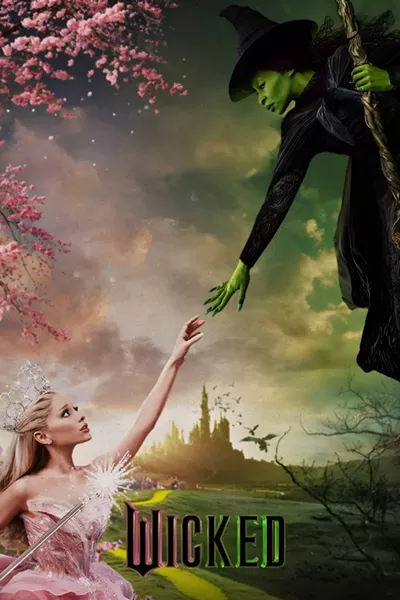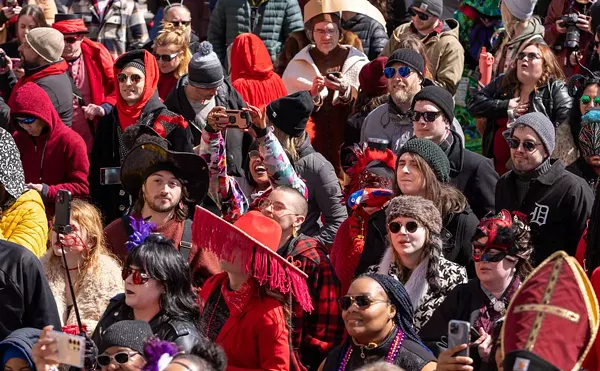Green-painted girls and tutu-wearing teens granted Wicked (2024) a wish that had nothing to do with its rumored massive marketing budget: an organic TikTok trend in which fans recorded themselves saying, “This is me before seeing Wicked,” followed by, “This is me after seeing Wicked.” Almost every time, in the second half of their videos, they were sobbing. Trembling. Moodified, as Ozians say.
Nothing is more convincing than proof of an emotional impact. But the story is not new. Oz has been around since 1900. So why is Wicked affecting us this way?
Let’s start with the powerful visual. It’s simply epic on the big screen. As we’ve come to expect from Director Jon M. Chu (In The Heights, Crazy Rich Asians), each scene is immersive, vibrant, and colorful eye candy. The 91 makeup artists, 228 artists, and 260 visual effects producers construct an Oz that stunningly integrates and builds upon the worlds we saw in 1939’s Oscar-winning The Wizard of Oz, one of the world’s most-watched movies, and the sister story told on Broadway in 2003’s Wicked, a cultural, Tony-winning phenomenon that attracted non-theater fans to the stage. Both are based on books that provide more than ample — and perhaps overwhelming — source material.
This film is hands down Chu’s best so far. But rejoicing is also in order for Cynthia Erivo and Ariana Grande, who do the seemingly impossible: portray a duo just as iconic as Idina Menzel and Kristin Chenoweth from the original Broadway version. Their strength is not just their performances and pipes; it’s their intimate chemistry, most notably when Glinda (Grande) tricks Elphaba (Erivo) into wearing a black pointed hat to the Ozdust Ballroom. Chu knows we couldn’t experience this on stage. As the crowd laughs at an ashamed Elphaba, Glinda’s face drops in regret. Tight shots capture anguish becoming affection in pure, universal humanity. Put simply, we’ve all been there.
Now to the “overwhelming” piece that’s getting the biggest pushback. Yes, you’re staring down a runtime of 2 hours and 40 minutes. And sure, some are going to call Wicked an overly long, overly glossy theater nerd’s wet dream. But if you have any emotional depth, trust me: It’s worth it. Use the little munchkin’s room before you get seated. You’ll want to pee before the movie so you don’t miss anything.
Speaking of timing, the yellow brick road to opening night was long and windy. Universal Studios slated the original opening for Dec. 20, 2019. COVID-19 delays, writers on picket lines, and scheduling conflicts delayed the release by nearly five years. Nobody saw Nov. 22, 2024, in their crystal ball. Fortunately, the timing ended up being serendipitous, and I believe the biggest reason this film resonates the way it does.
Although the themes in Oz are timeless, Wicked meets a poignant moment. Animals are used as scapegoats to Ozian issues and targeted by the powers that be. The Wizard uses propaganda to prevent these animals from teaching, speaking, and carrying on with their lives. It’s not hard to draw stark comparisons to the so-called “otherism” that exists in our sociopolitical landscape, less than three weeks after a presidential election that pointed fingers and weaponized marginalized groups.
With that in mind, during the climax of Wicked, Elphaba faces a choice between right and wrong. She can speak truth to power or get in line with the status quo. She chooses the former. In a scene of selflessness and sacrifice, Elphaba draws danger away from her best friend, Glinda, and starts her final descent (or ascent, I suppose) into the Wicked Witch of the West.
During this struggle, Elphaba sees a child version of herself, which gives her the strength to persevere, knowing that she’s choosing integrity — and the little girl she once knew. She must do this for herself.
“Everyone deserves the chance to fly,” Elphaba sings in “Defying Gravity.” “And if I’m flying solo, at least I’m flying free.”
Republished from our sister paper Cincinnati CityBeat.









